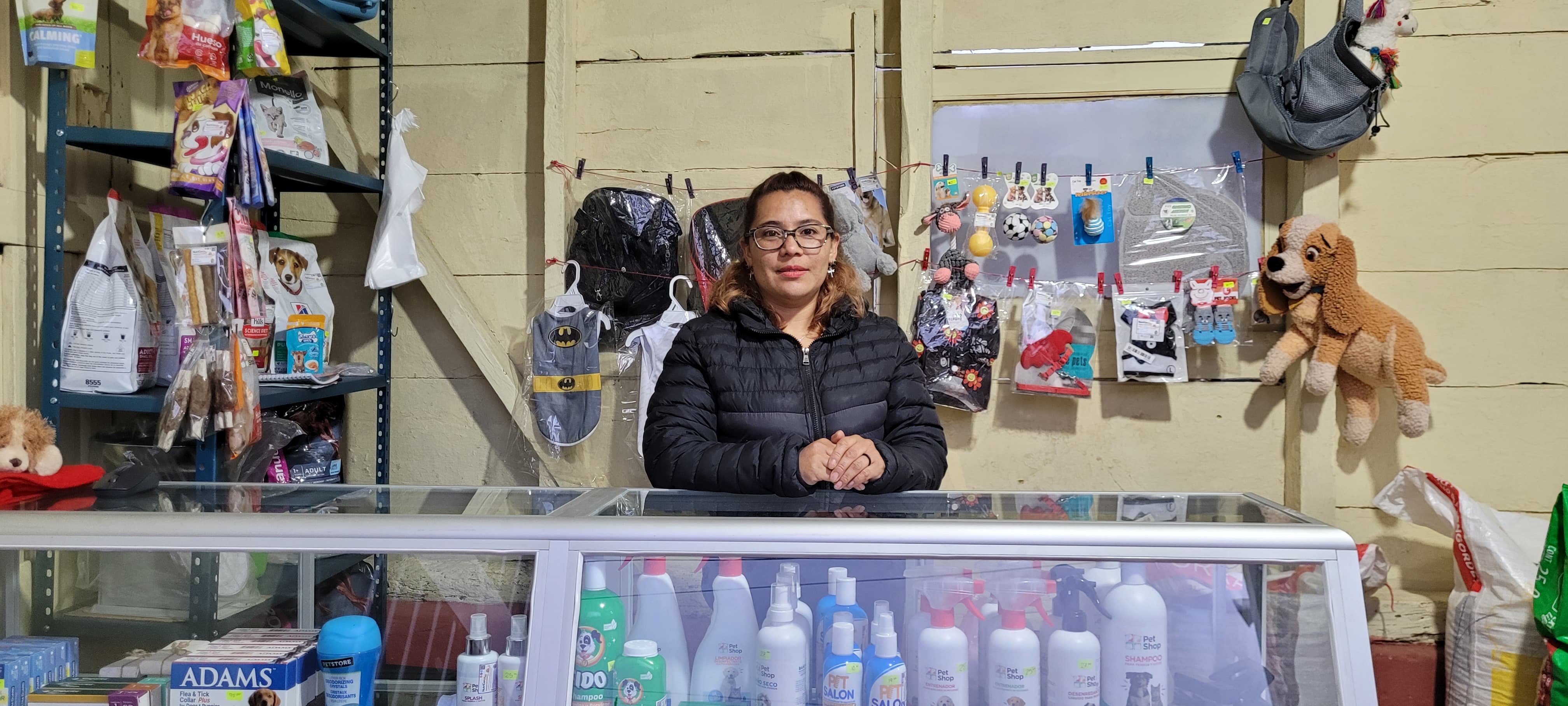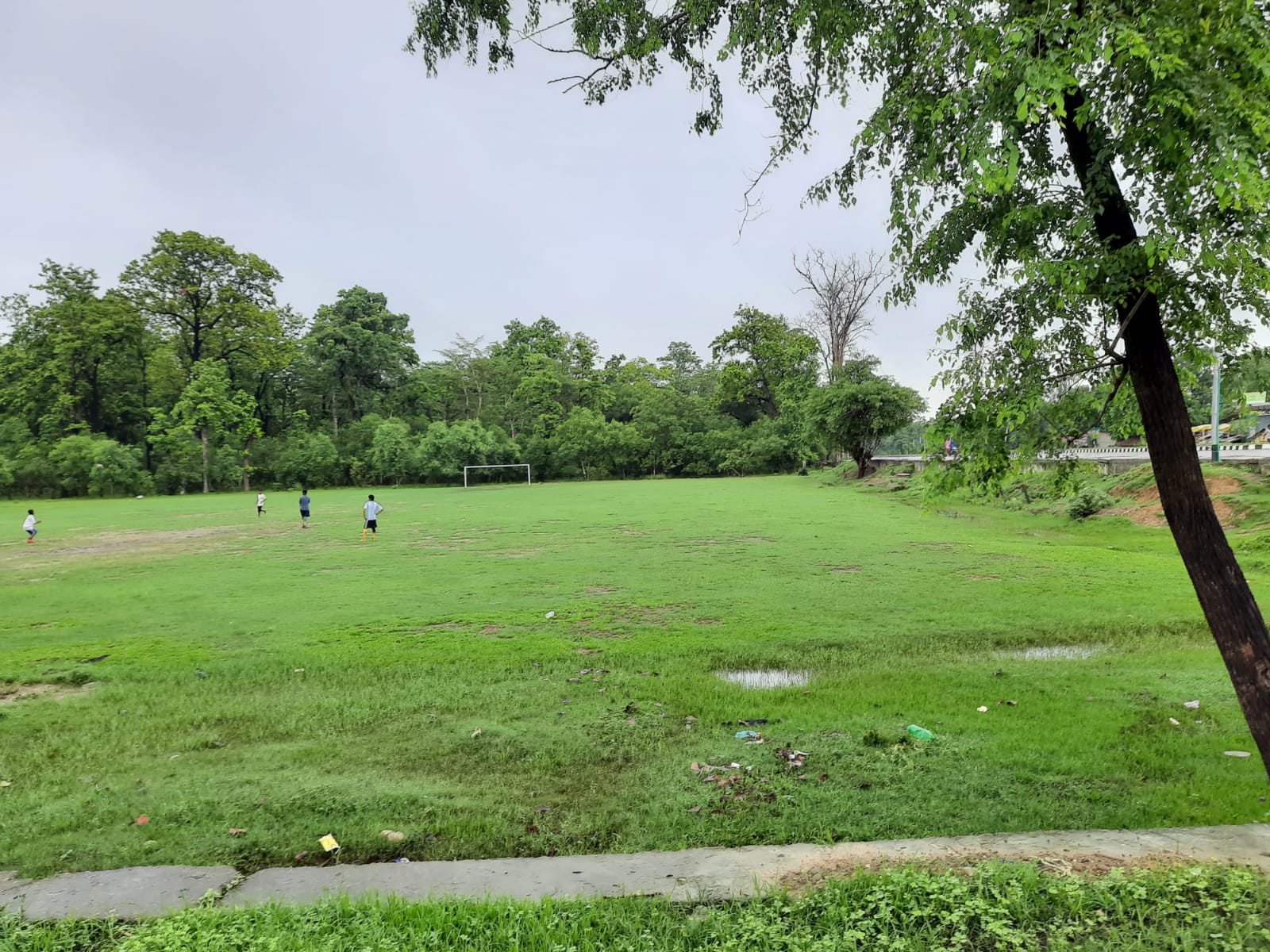Since 1994, South Africa has taken a vigorous approach to delivering pro-poor housing, and its current policies and laws strongly promote equal rights for women. Yet despite these new laws, discrimination is still a problem when it comes to housing and land rights.
In Gendered Housing Imbalances: The Devil is in the Data, Leslie Downie, of Michalsons, explores how the impacts of apartheid-era housing and social policies—compounded by outdated methods of record keeping—are still affecting women’s lives in South Africa, and then provides a case for using new technologies to help address these issues.
When, where, and how data about a woman’s life is recorded largely determines her ability to enforce her rights, including property rights. Historically, however, men have been registered as the primary holders of property rights in many places around the world, while women’s names have often been omitted from these official records. In South Africa, many of the title deeds currently in the registry still contain only men’s names. Thus, the housing and land rights of many wives, cohabiting partners, unregistered customary wives, second partners, widows, and divorcees remain virtually invisible—defined not by the real ‘her-stories’ of these women, but by the stories that have been captured in official data, which may contain significant gaps and omissions.
The need for an integrated, consolidated South African land information system has been raised as an urgent land reform issue. The country is also preparing to implement an electronic registration process. Future systems could therefore emerge whereby new technology systems may help to fill the gaps in state records. It is crucial that any new systems include adequate processes to record present facts about women’s lives, however, as well as to counter ‘data disempowerment’ resulting from the legacy of apartheid-era policies and past record-keeping processes.
Gendered Housing Imbalances: The Devil is in the Data, was written by Leslie for the Transaction Support Centre (TSC) and funded by the Cities Alliance. The opinions expressed herein are solely those of the author(s) and do not necessarily reflect the official views of Cities Alliance or its members.
More about Michalsons can be found at https://www.michalsons.com/.
More about the work of the TSC can be found at:
http://housingfinanceafrica.org/projects/transaction-support-centre/
https://www.71point4.com/Projects/the-transaction-support-centre/





